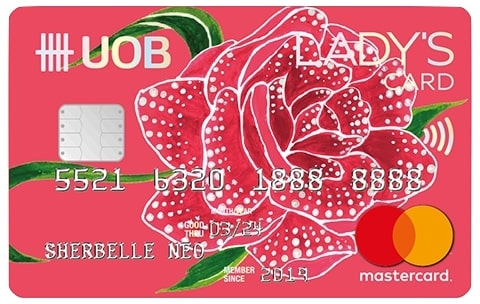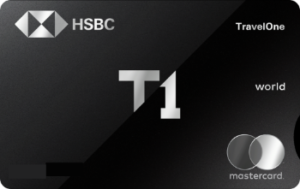The current trend of banks increasing credit card foreign currency transaction (FCY) fees shows no sign of abating, and from 9 March 2020, UOB will increase the FCY fee on its cards from 3.1% to 3.25%
| What is an FCY fee? |
| When you transact on your credit card in a currency other than SGD, the bank will convert the transaction to SGD based on the Visa/Mastercard exchange rates, then apply a mark up to the entire transaction known as the FCY fee |
UOB last hiked its fees on 4 September 2019 (from 2.8% to 3.1%), so this represents the second fee hike in six months.
This change does not affect the UOB PRVI Miles, KrisFlyer UOB and UOB Reserve cards, which have all along imposed a 3.25% FCY fee anyway. UOB-issued American Express cards will continue at their current 3.25% rate.
How does this affect the cost of using UOB cards overseas?
With the revised 3.25% fee, here’s how much it costs to use these UOB cards overseas:
| Card | FCY Earn Rate | CPM @ 3.25% | Remarks |
 UOB Visa Signature UOB Visa Signature |
4.0 | Min S$1K Max S$2K FCY spend per statement month | |
 UOB Lady’s Card UOB Lady’s Card |
4.0 | On selected 10X categories only | |
 UOB Preferred Platinum Visa UOB Preferred Platinum Visa |
4.0 | Must be contactless transactions, capped at S$1,110/month | |
 UOB PRVI Miles (all versions) UOB PRVI Miles (all versions) |
2.4 | 1.35 | Fee remains at 3.25% |
 KrisFlyer UOB Credit Card KrisFlyer UOB Credit Card |
1.2 | 2.71 | Fee remains at 3.25% |
My opinion is that it’s still worth using a credit card on transactions that qualify for 4 mpd. It’of course depends on your personal valuation of a mile, but I’d say that most people would gladly pick them up at a sub-1 cent price.
Up, up, up
With the latest changes, here’s how each bank’s FCY fee compares:
[table id=3 /]
It says quite a bit about what’s going on in the market that I need to update this list every few months:
- On 1 Apr 18, Maybank increased its FCY charge on Visa Diamante, Visa Infinite and World Mastercard from 2.5% to 2.75%
- On 4 Oct 18, Citibank increased its FCY charge from 2.8% to 3%
- On 1 Nov 18, HSBC increased its FCY charge from 2.5% to 2.8%
- On 1 Jan 19, CIMB removed the admin fee waiver for FCY transactions on the Visa Signature and Platinum Mastercard, effectively increasing the fee from 1% to 3%
- On 2 Jan 19, DBS increased its FCY charge from 2.8% to 3%
- On 15 Jan 19, BOC increased its FCY charge on Mastercard transactions from 2.5% to 3% (Visa fees increased from 2.5% to 3% on 1 Dec 18)
- On 15 Mar 19, OCBC increased its FCY charge from 2.8% to 3%
- On 4 Sep 19, UOB increased its FCY charge from 2.8% to 3.1%
- On 1 Nov 19, DBS increased its FCY charge from 3% to 3.25%
- On 3 Dec 19, OCBC increased its FCY charge from 3% to 3.25%
- On 15 Dec 19, Citibank increased its FCY charge from 3% to 3.25%
- On 1 Mar 20, AMEX will increase its FCY charge from 2.5% to 2.95%
With 4 mpd opportunities it can still make sense to use your credit card overseas, but every fee hike simply sends more people into the arms of non-bank competitors like YouTrip and Revolut.
One wonders why banks continue to raise FCY fees when improved technology and the emergence of alternative payment options should be putting downward pressure on prices. In any case, I’ve given up figuring out what the game plan is here, and wouldn’t be surprised if we see HSBC and Maybank join the rest of the 3%+ club soon.
Conclusion
A 3.25% FCY fee isn’t the end of the world, but the bigger picture here is that there’s no sign banks plan to stop the increases anytime soon.
It’s fine to continue using your credit card overseas for now, if mileage accumulation is the goal, but otherwise you might be interested in learning about some of the alternatives which I’ll be covering in a future post.
(HT: Anthony)







This gives you an idea how much Revolut and YouTrip burns to sustain their no fee model. Looking at Revolut’s financial statements, they lose about 1.5 for every 1 revenue they bring in. And this does not even include other costs like staffing, rental and all.